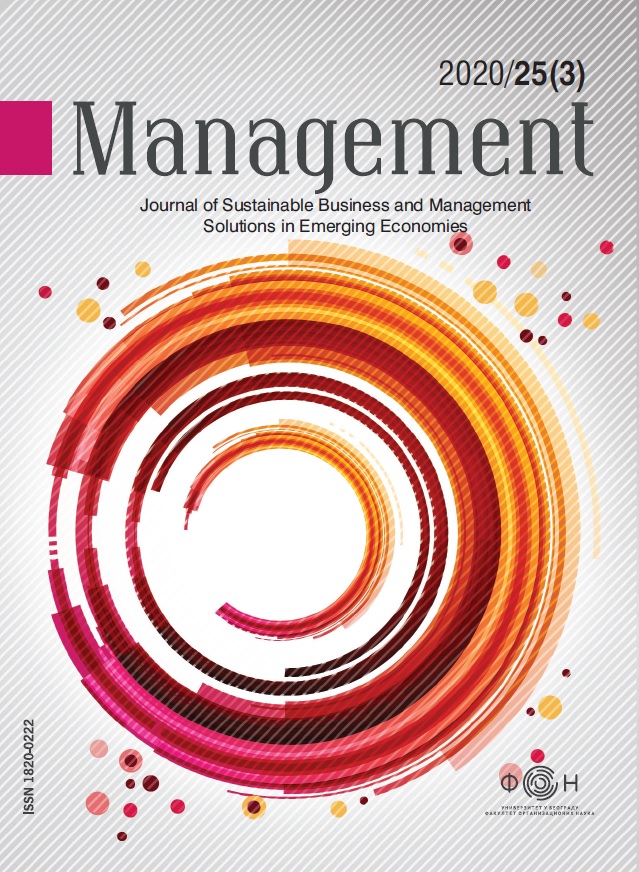Sustainable Consumption Behaviour in The Context of Millennials in Indonesia – Can Environmental Concern, Self-efficacy, Guilt and Subjective Knowledge Make a Difference?
Sustainable Consumption Behaviour in The Context of Millennials in Indonesia – Can Environmental Concern, Self-efficacy, Guilt and Subjective Knowledge Make a Difference?
Author(s): Nosica Rizkalla, Trihadi Pudiawan ErhanSubject(s): National Economy, Business Economy / Management, Micro-Economics, Business Ethics, Socio-Economic Research
Published by: Fakultet organizacionih nauka Univerziteta u Beogradu (FON)
Keywords: Sustainable consumption behaviour; environmental concern; self-efficacy; consumer guilt; subjective knowledge;
Summary/Abstract: Research Question: This paper assesses the effect of environmental concern, self-efficacy, subjective knowledge and guilt on sustainable consumption behaviour. Motivation: This study focuses on predicting and explaining sustainable consumption behaviour by proposing a model comprised of environmental concern, self-efficacy, consumer guilt and subjective knowledge as predictors. Environmental concern is an important element in VBN theory proposed by Stern (1999). Meanwhile, self-efficacy is part of SCT theory by Bandura (1997); as for subjective knowledge, it is deemed to be a better predictor of environmental behaviour (Kollmuss & Agyeman, 2002). Guilt is included in this model as it is an important emotion that can affect sustainable consumption behaviour, especially in the context of collectivist culture country like Indonesia (Lee et al., 2012). All these factors have been proven to be able to influence sustainable consumer behaviour. However, there are still a few studies that explore these factors altogether simultaneously, especially in the context of a developing country. Thus, this study tries to examine sustainable consumption behaviour by incorporating these factors altogether. Idea: The main idea of this study is to empirically assess the influence of proposed independent variables, namely environmental concern, self-efficacy, subjective knowledge and guilt on sustainable consumption behaviour. This study also tries to assess whether there is a significant difference of sustainable consumption behaviour among demographic groups such as gender, education and age. Data: The model is tested by conducting a survey using a self-administered questionnaire on 200 respondents. The respondents are younger millennials aged between 17-27. The questionnaire consists of questions about demographic profile and about the research instruments. Tools: This study uses descriptive research design and purposive sampling to collect the data. Research hypotheses were tested by multiple regression analysis. Findings: The result of this study shows that environmental concern, self-efficacy and environmental knowledge have an influence on sustainable consumption behaviour, where environmental knowledge contributes the most in predicting the aforementioned behaviour. Meanwhile, this study also finds that consumer guilt has no impact upon this behaviour. Contributions: This study gives additional insight and understanding of sustainable consumption behaviour in the context of millennials in a developing country. The findings of this study can be used by the government to formulate environmental policies as well as for businesses to formulate strategies to promote their environmentally-friendly products.
Journal: Management: Journal of Sustainable Business and Management Solutions in Emerging Economies
- Issue Year: 25/2020
- Issue No: 3
- Page Range: 43-54
- Page Count: 11
- Language: English

